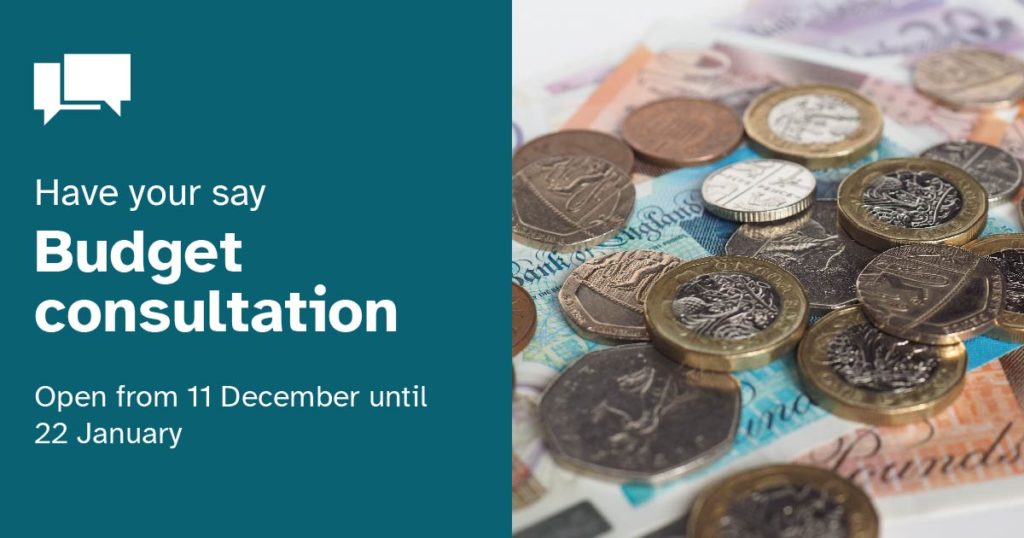Papers published today give further details of Somerset Council’s plans to bridge a £100m funding gap for the next financial year.
Council Leader, Councillor Bill Revans, said the Council has been left with no option but to consider “unprecedented” and “heart-breaking” steps including reductions to services and a 10% increase in Council Tax.
The Council declared a financial emergency last year, one of many councils facing significant pressures on its finances driven by inflation, spiralling costs – notably in social care – and a “broken” system for funding local government.
The authority’s ability to respond has been hampered by a historically low Council Tax rate – 49th lowest out of 63 for unitary councils.
Papers for the Council’s Executive meeting on 15 January set out a plan to use reserves, significant savings, a Council Tax increase of 10%, and the sale of council assets to set a balanced budget.
There are a range of options to generate income by raising fees such as parking charges in line with inflation, and efficiency savings such as reviewing contracts and IT.
There are also options to spend less by reducing or stopping discretionary services in order to protect its essential statutory services. These include CCTV, public toilets, theatres, leisure services, visitor centres and closing five recycling sites.
Where options are to stop services or greatly reduce funding, discussions will continue with parish, town and city councils, and community groups around options for services to be picked up by others rather than stop completely.
Cllr Revans said:
The funding model of local government is broken and our pleas for assistance have not yet been answered. Councils up and down the country are in a similar position and in Somerset we have been hit extra hard by cost inflation in care.
This is what a financial emergency looks like. No decisions have been made, but all of these savings and the 10% Council Tax increase are unprecedented actions that have to be considered if we are to steer this authority through a period of extreme pressure.
Officers have done as we asked and left no stone unturned. The result is a set of options, many of which are very unpalatable – some heart-breaking – that no-one would want to take forward.
Our Council Tax is one of the lowest among the unitary councils which have responsibility for care and we find ourselves having to consider putting it up by 10%. That equates to an extra £3.15 per week for the average household to limit the impact on core services, many of which support the most vulnerable.”
Cllr Revans urged the public to take part in the Council’s budget consultation which runs until 22 January, the result of which will help influence councillors as they seek to set a balanced budget.
The papers published today set out £35m of proposals. Of these, £24m are new and will be referred to the Council’s Resources Scrutiny Committee before any decisions are taken. Further consultations will be carried out on specific proposals where necessary.
At the meeting on 15 January, the Executive will ask Government for flexibility to increase Council Tax by more than the referendum limit to 10% (including the 2% social care precept). This would generate an extra £17.1m and raise the average band D Council Tax bill to £1,810 – still below the unitary average of £1,815.
Cllr Revans said:
We understand the pressure on everyone’s household budgets and have recently taken steps to ensure that we have a Council Tax Reduction and Hardship scheme in place to protect the most vulnerable in our community from any increase”.
To balance the 2024/25 budget the Council also plans to use £36.8m of reserves (a council’s equivalent of savings – money for emergencies which can only be used once).
The remaining gap of around £20m would need to be covered by asking Government for a ‘capitalisation direction’. This would allow the council to borrow money or sell assets to fund day-to-day running costs.
As reserves and capital funds can only be used once, for future years the Council will need to significantly reduce its budget. This will include a transformation programme to reduce the size of the organisation and its staffing so it can live within its means.
The papers for the Executive meeting can be found online here.

